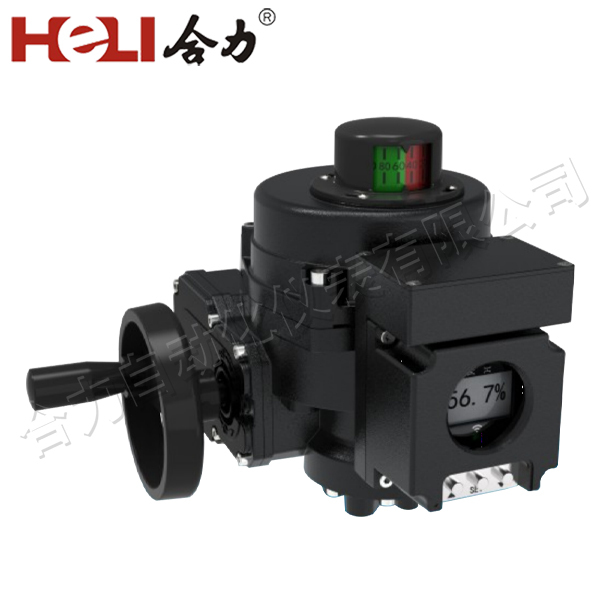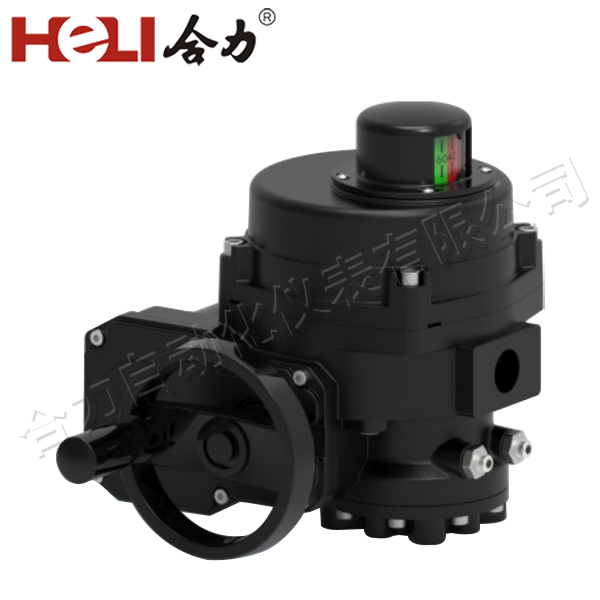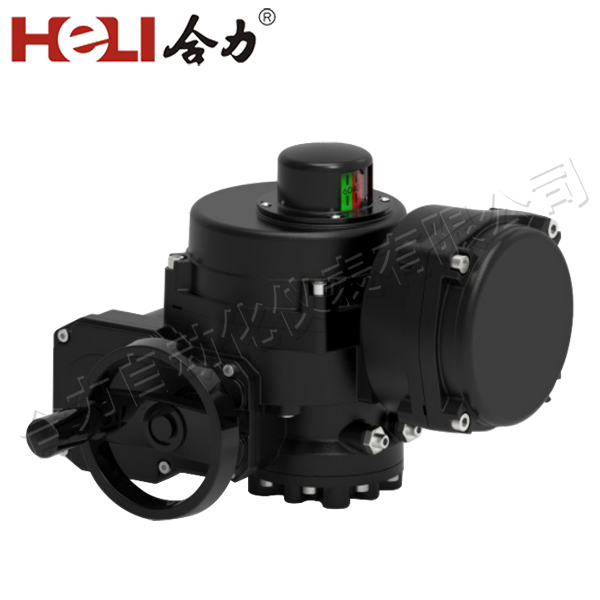hydrogen energy electric actuator: revolutionizing the future of sustainable technology
Release time:2025-07-19 23:54:03
Hydrogen energy is emerging as one of the most promising alternatives to traditional fossil fuels, offering a clean, efficient, and sustainable solution to global energy challenges. One of the critical components of hydrogen-based systems is the electric actuator, which plays a pivotal role in converting hydrogen energy into mechanical motion for various applications. This article explores the concept of hydrogen energy electric actuators, their working principles, advantages, and their potential impact on the future of energy and automation.

What is a Hydrogen Energy Electric Actuator?

A hydrogen energy electric actuator is a device that utilizes hydrogen as a power source to drive an electric motor, which in turn generates mechanical motion. The actuator operates by converting the energy stored in hydrogen gas into electrical power, often through a fuel cell or hydrogen combustion process. This electrical power then drives a mechanical system, such as valves, motors, or mechanical arms, that perform specific tasks in industries ranging from manufacturing and robotics to automotive and aerospace.
The Role of Hydrogen in Electric Actuators




